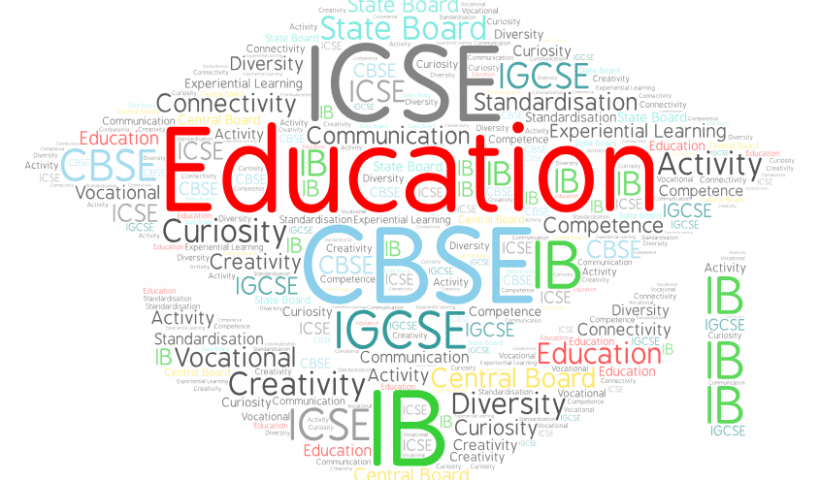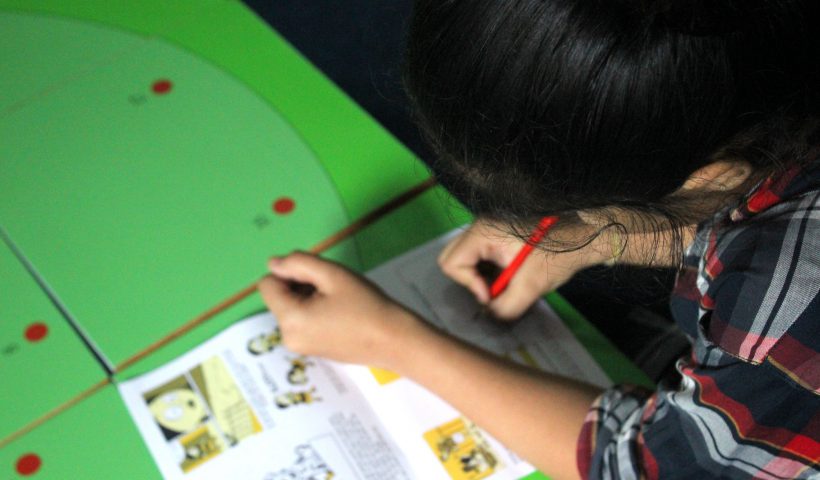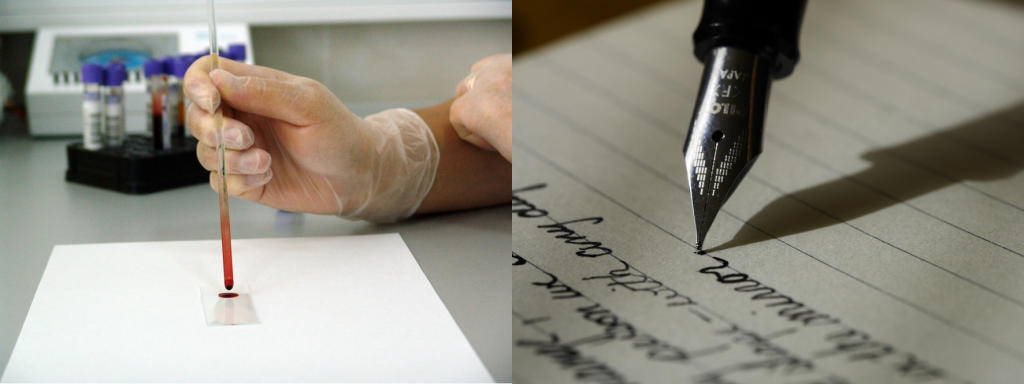What’s it like working while sitting on a couch, and igniting ideas? Inspired by the passion and a desire to bring significant positive changes in workplaces, startup culture has redefined the world of business. The same technique can be applied to education. No wonder, many educators, teachers and schools are…
View More Coffee, collaboration and connectivity: Bringing the startup culture in your classroomCategory: Connectivity
The power of curiosity
The important thing is not to stop questioning; never lose a holy curiosity. — Albert Einstein Curiosity, that drives learning, critical thinking, and learning behaviours, is one of the key characteristics of a learner. Personality traits like curiosity are as significant as intelligence in determining students’ academic performance. Children often…
View More The power of curiosityTo spoon-feed or to allow flexibility?
“I don’t read, I proofread” – this is a boon and bane I live with every day. Little details pop out to me and I feel compelled to correct or change them – not always a pleasant experience, in fact, quite the contrary. Everyone around me – family, friends, colleagues…
View More To spoon-feed or to allow flexibility?Social Media as Learning and Engagement Tool – A Perspective
Technology and Social Media have become essential parts of our lives. I recall the excitement when we bought our first TV followed by those Sunday serials. I often had to hear my parents saying, “don’t watch TV for long, it will spoil your eyes”, or “watch it from at least…
View More Social Media as Learning and Engagement Tool – A PerspectiveAm I mad enough?
Movie buff that I am, I always look for inspirational stories that make me think about my life choices. Be it Marvel’s Avengers for technology that could change class room teaching in the near future, or great biographies that tell us how holding on to what you believe makes all…
View More Am I mad enough?Change of pace: Learning naturally!
Learning to read in their own pace helps to accelerate children’s learning. Children are natural learners. They take their own time to crawl, to walk and to talk. Some walk early, some talk late. And if given suitable autonomy and guidance, children will easily explore their world on their own…
View More Change of pace: Learning naturally!Is obedience a virtue?
‘My son/daughter doesn’t listen to me’ I hear this complaint from parents all the time. This is irrespective of whether the son/daughter is 2 years old or 42 years old. At least in the Indian setting, ‘listening to’ and ‘obeying’ parents is seen as a virtue of the highest order.…
View More Is obedience a virtue?Standardisation of curriculum: The good, the bad, and the ugly
In the race of being unique, the current educational bodies have failed to define a standard curriculum, while being critiqued for wiping the creativity out from the individuals during the teaching process. In the light of this argument, a standardised curriculum has different layers. On the other hand, the decision…
View More Standardisation of curriculum: The good, the bad, and the uglyEducation for all: A comprehensive blueprint for bringing the change that India needs
While the government, public authorities and private sectors have taken a few noticeable steps to bring more and more kids to school and increase academic participation, yet a quality in education and pedagogical developments have remained an elusive goal. A number of significant reasons such as poor infrastructure, inadequate number of teachers, student absenteeism, the high number of dropouts, gender disparities, and unsupportive environment have crippled our classrooms.
View More Education for all: A comprehensive blueprint for bringing the change that India needsAwesome Asimov – Why Scientists should be Writers
I recently finished reading the book ‘Today and Tomorrow and’ by Isaac Asimov. Asimov needs no introduction to Science Fiction fans – he has been immortalised by his series of Science Fiction novels (none of which I have read, by the way). This book is a collection of essays Asimov…
View More Awesome Asimov – Why Scientists should be Writers









